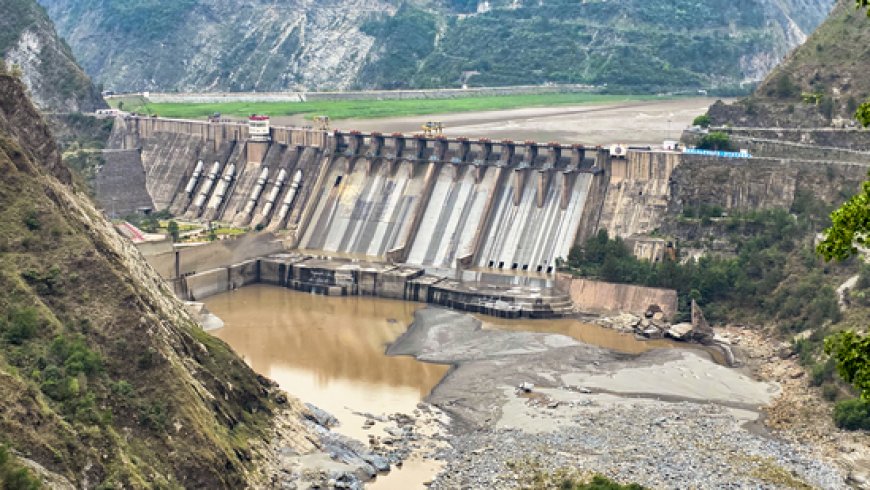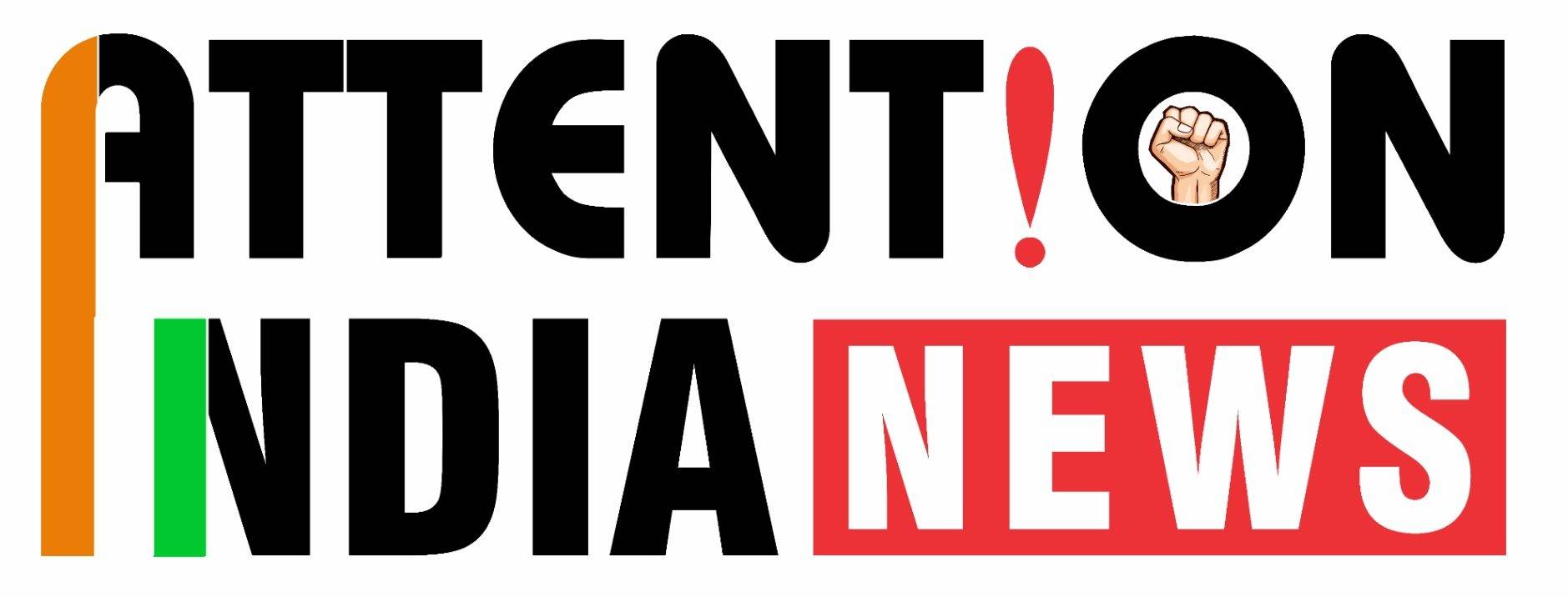Hague Court Vs India: Is Pakistan Playing Tricks With The Indus Waters Treaty?
The Indus Waters Treaty clash grows deeper after a new ruling by the Hague court.

New Delhi (Delhi) [India] June 28: India has refused to accept a fresh ruling by the Permanent Court of Arbitration at The Hague regarding the Indus Waters Treaty. The case is about Pakistan's objections to India’s Kishenganga and Ratle hydropower projects. India said this court was formed without following proper rules and has no legal right to make such decisions.
India Never Took Part In The Court’s Hearings
Since 2016, India has stayed away from the court’s hearings after Pakistan took the matter there. Pakistan had first asked for a neutral expert in 2015 but changed its path later. India only accepted the neutral expert mechanism and never agreed to this separate arbitration panel.
Indus Treaty Put On Hold After Terror Attack
On April 23, India decided to hold back from the Indus Waters Treaty. This came just a day after the Pahalgam terror attack in Jammu and Kashmir, where 26 people were killed. Foreign secretary Vikram Misri declared that India would not follow the treaty until Pakistan stops supporting cross-border terrorism.
Pakistan’s Objections And India’s Reply
Pakistan is raising issues over design and flow rules of Kishenganga (330 MW) and Ratle (850 MW) projects. But these are run-of-river projects, allowed under the 1960 treaty. India says the real problem is that Pakistan is avoiding accountability and using international platforms for pressure.
India Says Court Has No Power Over Its Decisions
The External Affairs Ministry called this court a “so-called” legal body. It said the tribunal has no power to question India’s choices as a sovereign country. India also called the Hague court's ruling a “charade” and blamed Pakistan for trying to escape blame for backing terrorism.
India Cites History And Rights Under Treaty
The treaty was signed in 1960 with help from the World Bank. It divides rivers: Indus, Jhelum, and Chenab go to Pakistan, while Ravi, Beas, and Sutlej are India’s. India is allowed to build certain hydropower projects. India says it has always followed the rules given under the treaty.
India Questions Pakistan’s Changing Stance
Pakistan had earlier agreed to a neutral expert but then pulled out and asked for arbitration. India says two paths cannot be used at the same time. It also says the current court setup goes against the agreed terms of the treaty and hence, has no value in law.
Tensions Rise As Water Becomes A Fresh Conflict Point
After India paused the treaty, Pakistan said any water cut will be seen as an act of war. Their leaders want to take the case to global courts. But India stands firm. The Kishenganga and Ratle projects now represent more than electricity—they show how water can become a political tool.

 Aryan K
Aryan K 





